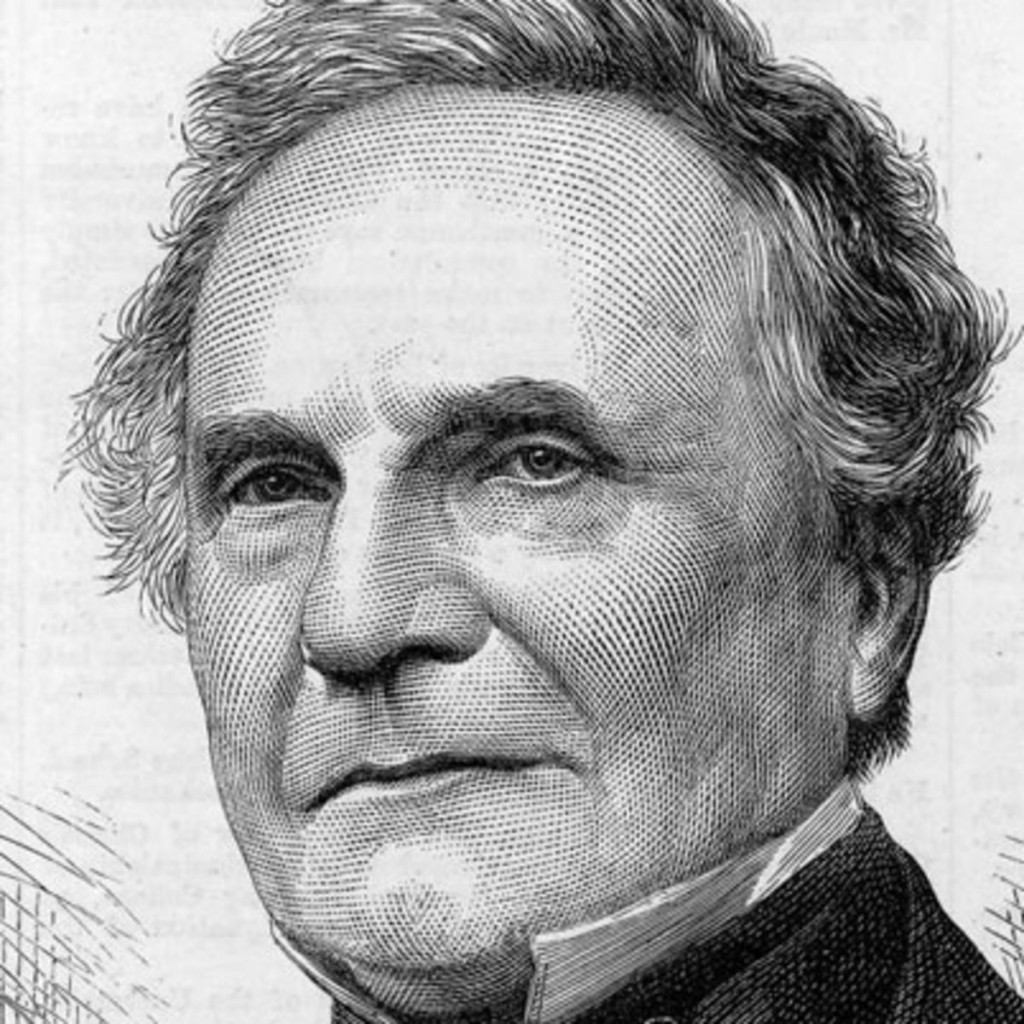Charles Babbage was a british mathematician who was credited for designing what is called an analytical engine. Even though the actual invention wasn't able to be finished until after he died, he is given credit for desigining the first mechanical computer. The design of the analytical engine by Babbage included a memory to prevent reentering values and an input for numbers and mechanical steps. Charles Babbage also became very good friends with Ada Augusta, who was also a mathematician. Interested at the work of Babbage, she expanded on his ideas of the analytical engine and soon enough became known as the first programmer. Charles Babbage was also known for other inventions before the designing of the analytical engine, including his invention of the Difference Engine, which had a purpose of compiling mathematical tables. This machine invention actually inspired him to create a better machine that could do more than mathematical tasks. Without Charles Babbage, the concept of programming and even the computer itself may never have been found. Charles Babbage was the first person in history to try to create a computer with a purpose beyond basic math, based on the definition of a computer which must take in input, process, and produce output. We hope Babbage will never be forgotten in History for his contribution to Computer Science.

Here is a link to the CS Department of GMU
Google